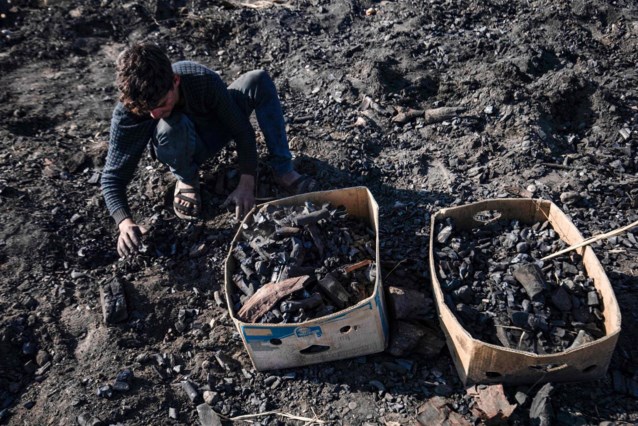Although on paper they are working hard to reduce their carbon footprint, large banks continue to finance activities that emit high levels of greenhouse gases. This was the conclusion of a research center that advises investors on low-carbon investments in a report on Tuesday.
Of the 26 transnational banking institutions surveyed by the Transition Pathway Initiative (TPI) of the prestigious London School of Economics, 22 are willing to finance new coal-related activities, and 24 the exploitation of new oil and gas fields.
By providing significant capital for activities that emit high greenhouse gases, those major financial sector players create risks for all economic stakeholders, the study authors said.
“While some progress has been made since our first assessments in 2022, banks are not acting fast enough to meet global climate targets,” lamented Simon Dietz, director of research at TPI.
“Without stronger action, the banking sector is exposing itself – and by extension the global economy – to greater regulatory, commercial and physical risks from climate change.”
The report, which examines a total of 38 banks, including European banks BNP Paribas, ING and Deutsche Bank, shows that most of them are not contributing enough to enable the world to meet the Paris temperature targets.
The TPI analysis finds that European and Japanese banking institutions have set more sector targets to decarbonize than their North American counterparts, while the Chinese banks surveyed have not yet even set sector targets.
